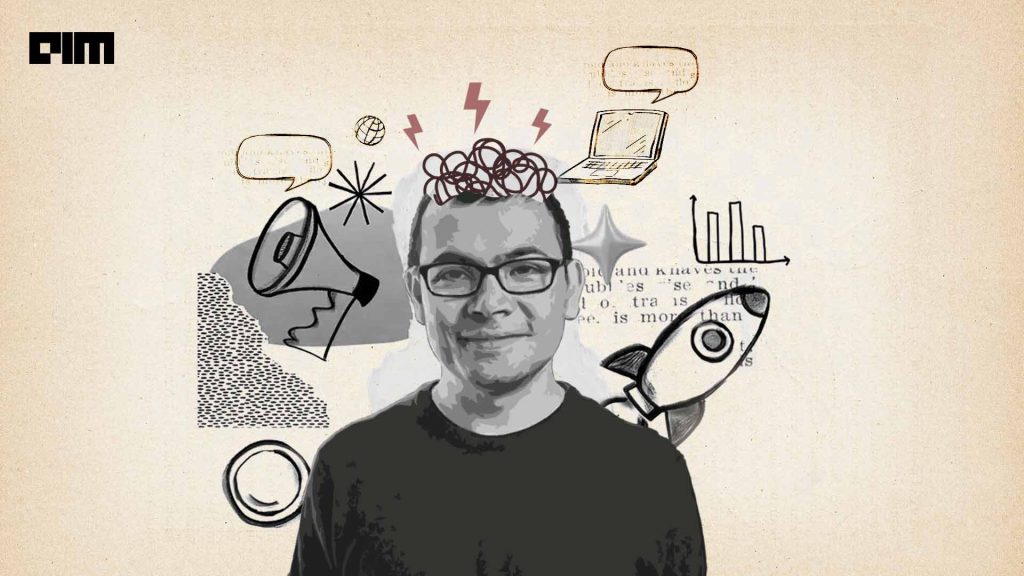Google DeepMind co-founder and CEO Demis Hassabis has predicted that AI could ‘revolutionise’ human health and eventually help eliminate all diseases within the next decade.

Speaking during the CBS 60 Minutes interview, Hassabis stated that AI could lead to “radical abundance,” potentially eliminating scarcity, but also posing numerous risks. He worries that malicious actors, users of these systems, might repurpose them for harmful purposes, and that AI systems themselves could become more autonomous and powerful.
Hassabis also mentioned that it takes 10 years and a substantial amount of money to design a single medicine, but with AI, the time required can be reduced from years to months, and in some cases, even weeks. This sounds “incredible today, but that’s also what people used to think about protein structures,” he added.
The DeepMind CEO believes that proteins are the basic building blocks of life, and everything in biology depends on them. However, building 3D protein structures is complex and mapping each one of them takes years. Nonetheless, DeepMind’s AI model made approximately 200 million structures in one year.
Meanwhile, he advocated for human supervision of control systems to ensure they align with the values of a beneficial society and remain within established guardrails.
In the next five to ten years, Hassabis predicts that we could have systems that are capable not only of solving important problems or conjectures in science, but also of generating them in the first place.
AI has made remarkable progress in the healthcare industry, from drug discovery to providing personalised treatment options, such as the recent fully automated IVF treatment that resulted in the successful birth of a baby, as reported by AIM.
According to the US National Institute of Health, companies like Verge Genomics focus on applying “machine learning algorithms to analyse human genomic data and identify drugs to tackle neurological diseases such as Parkinson’s, Alzheimer’s, and amyotrophic lateral sclerosis (ALS) in a cost-effective way.” The San Francisco-based company Insitro also utilises advanced machine learning and computational genomics to reduce the time and cost associated with drug discovery for patients.
Hassabis believes that these amazing tools will further enhance human endeavours. When AGI (artificial general intelligence) arrives, “it’s going to change pretty much everything about the way humans do things.”

